![[Photo by frankieleon via Flickr.]](/sites/default/files/styles/teaser_list_thumbnail_large/public/title_images/unnamed_30.jpg?itok=DI3BFtxJ)
How do we begin to solve the prescription drug crisis ravaging communities across the country? A recent report points the way to promising solutions, including some that should've been implemented years ago.
![[Photo by frankieleon via Flickr.]](/sites/default/files/styles/teaser_list_thumbnail_large/public/title_images/unnamed_30.jpg?itok=DI3BFtxJ)
How do we begin to solve the prescription drug crisis ravaging communities across the country? A recent report points the way to promising solutions, including some that should've been implemented years ago.
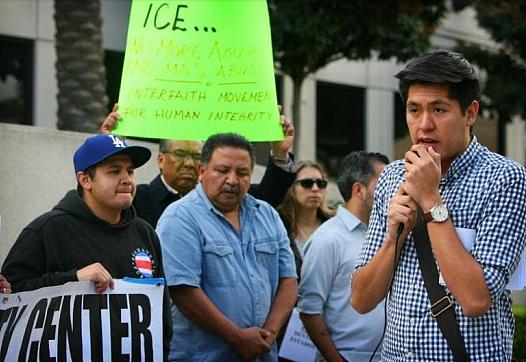
Have efforts to lower stigma around mental illness overlooked Latino communities? Here's how one reporter tackled the topic and some of the lessons she learned along the way.
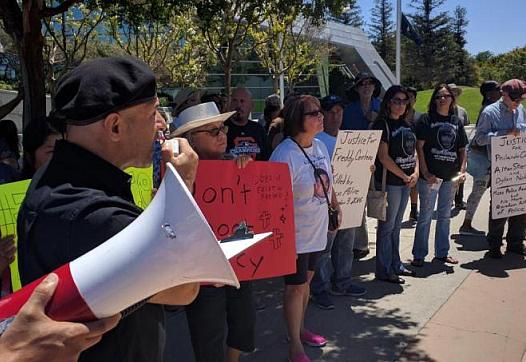
What are the mental health effects of deadly encounters with police? Reporting out that difficult question led to a number of tough lessons along the way, as KVPR's Jeffrey Hess explains.
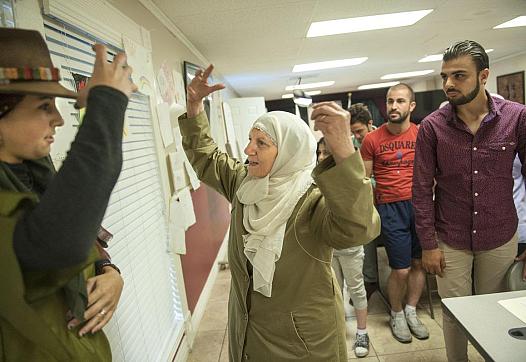
In many Asian communities, mental illness remains mired in stigma. A reporter in Orange County, Calif. explores how members of Korean, Vietnamese and Arab communities are affected by this barrier to care.
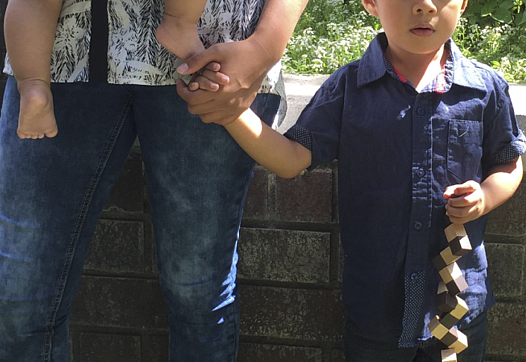
The burst of media coverage on the surge of unaccompanied minors coming to the U.S. in recent years has since ebbed, but the migration continues and many of the children’s basic needs still go unmet.
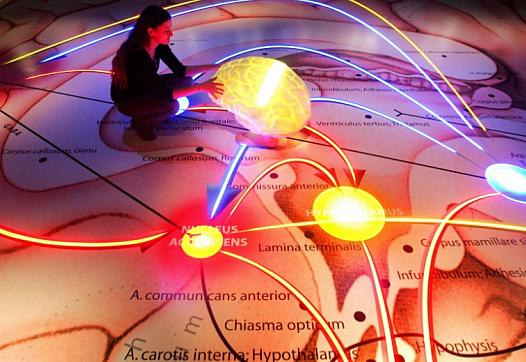
Parents love to make jokes about teenagers and their fitfully growing brains. But emerging researching supplies the science needed to understand the changes. In one key way, their brains are shrinking.
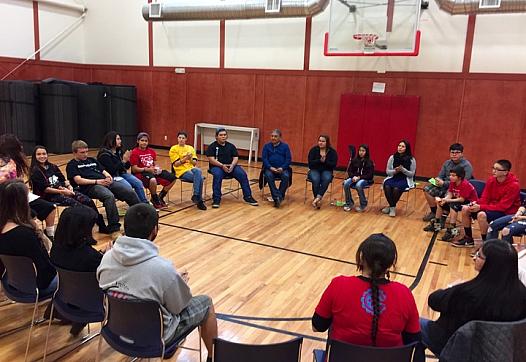
“Who has seen a behavioral counselor?” Roughly half of the kids at the Yurok Tribe's youth wellness event stepped forward. “Who has suffered from depression or anxiety?” Three-quarters of the kids came forward.
![[Photo: Matt Cardy/Getty Images]](/sites/default/files/styles/teaser_list_thumbnail_large/public/title_images/unnamed_18.jpg?itok=IHB4uZ8q)
When it comes to addressing disorders of the brain, the medical toolkit is weak. But new mapping projects underway could gradually change our ability to treat many common brain disorders.
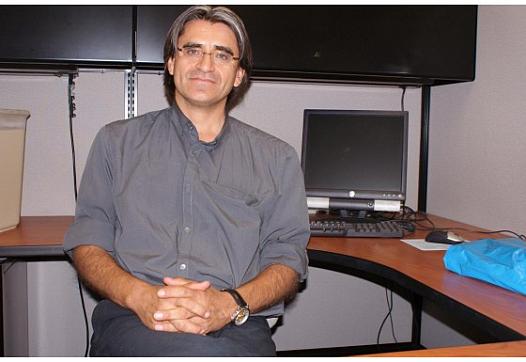
Angela Maria Naso wrote this story while participating in the California Health Journalism Fellowship, a program of the Center for Health Journalism at USC’s Annenberg School of Journalism.
![[Image courtesy Leo Castaneda/inewsource]](/sites/default/files/styles/teaser_list_thumbnail_large/public/title_images/unnamed%20%281%29_0.jpg?itok=x3-KDrGb)
A data-driven look at opioid addiction in San Diego found that old assumptions about addiction hotspots were outdated. Reporter Leo Castaneda shares this and other field lessons he learned along the way.